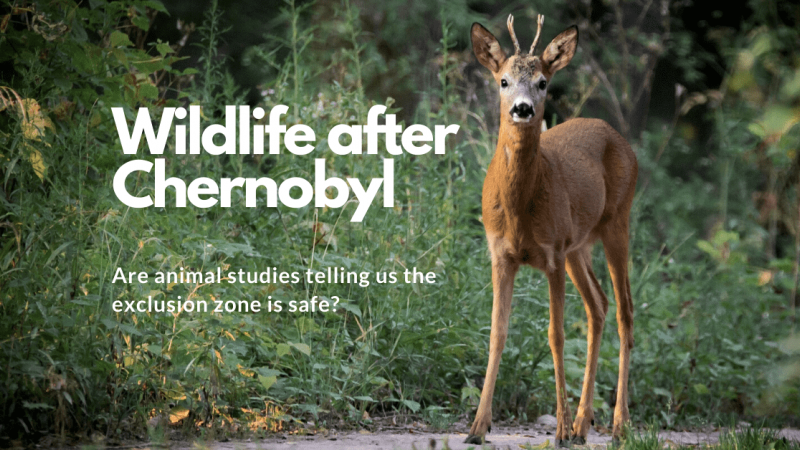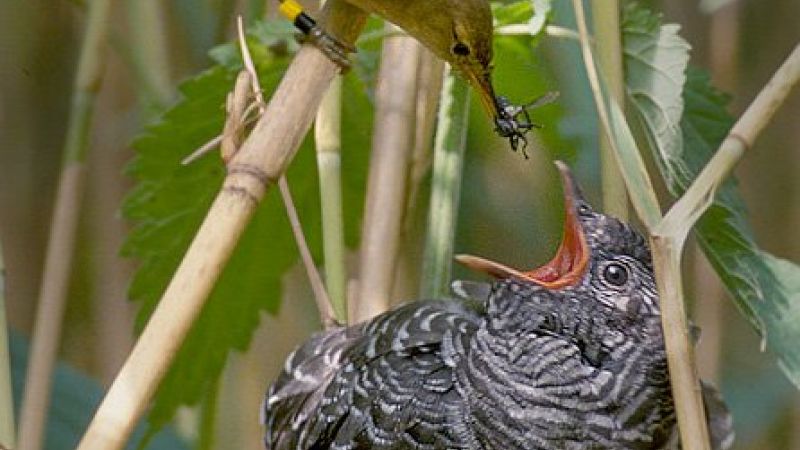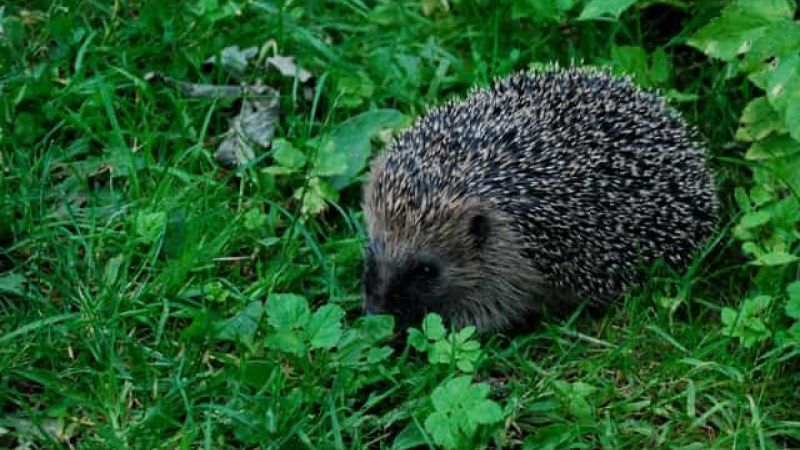Text to go here...
 When I was a child otters had been lost from most of England, poisoned by a range of chemicals that did not degrade and were bio-accumulated to lethal extents by top predators such as otters and birds of prey.
When I was a child otters had been lost from most of England, poisoned by a range of chemicals that did not degrade and were bio-accumulated to lethal extents by top predators such as otters and birds of prey.
The otter project was originally set up in Cardiff University in the early 1990’s to monitor this pollution by analysing the tissues of otters for chemicals such as polychlorinated biphenyls (PCBs) and organophosphates and so revealing both the degree of contamination, and as the data was added to year by year, the steady falling away of these pollutants.
At the start of the project only a dozen or so otter carcases were sent in, now Cardiff receives over two hundred per year. This is partly due to people knowing about the project, but is mainly due to the return of otters to almost all of England, and this increased population results in more otters being killed on the roads. The increase is down to both less pollution and care being taken to provide suitable habitats for otters.
Over the years many other research projects have made use of the dead otters sent into Cardiff. For example, the genetic distribution within the UK populations reveals regional differences, differences that have been linked to the ‘flavour’ of the scent left by the otters to mark their territories.The animals have also been analysed for the presence of the pervasive parasite Toxoplasmosis gondii.
UAR visited Cardiff University to film an otter dissection and interview Dr Elizabeth Chadwick about some of the research based on the otter carcases Cardiff receives every year from around the UK. Our films reveal just a small part of the work taking place within the otter project.
Find out more: http://www.otterproject.cf.ac.uk/
Last edited: 11 March 2022 08:37




